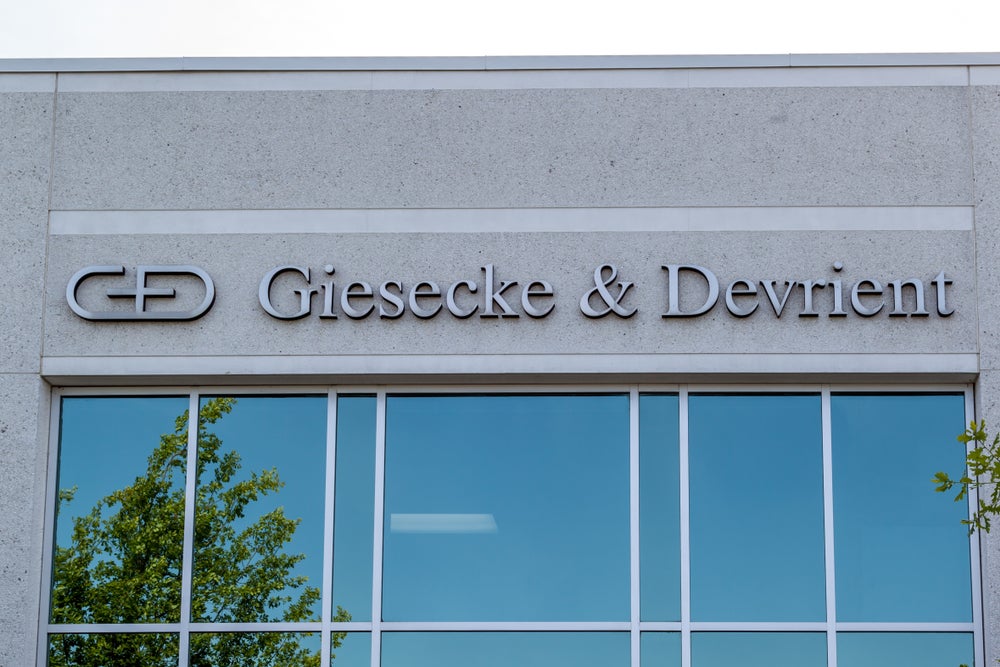With the US now out of recession, the
nation’s biggest credit card lenders are reporting that delinquency
rates are starting to contract after hitting record highs in recent
months. But as Charles
Davis reports, there are still some troubling signs that
issuers need to pay heed to before they consider themselves over
the worst.
The US credit quality picture remains
muddled, with delinquencies improving slightly while other
indicators remain mixed. Major credit card issuers’ delinquency
rates declined in December, supporting the cautious belief that
loan losses are near their peak, and charge-off rates declined at
most lenders, with the notable exceptions of Bank of America and
Capital One.
But other national players reported
significant improvement. JPMorgan Chase reported the biggest
month-over-month drop in loan losses of all national issuers, as
its charge-off rate tumbled 170 basis points to 7.11 percent.
Early-stage delinquencies – loans 30 to 59 days past due – declined
10 basis points to 1.13 percent of its portfolio. Total
delinquencies inched up 4 basis points to 4.94 percent.
American Express (Amex) reported that
charge-offs in its US credit card business dropped for an eighth
straight month, falling 50 basis points to 7.1 percent of managed
receivables. Amex’s delinquency rate fell for the second month in a
row to 3.7 percent, from 3.9 percent in November.
After three months of declines, Bank of
America’s charge-off rate climbed 53 basis points to 13.53 percent.
Losses on Capital One’s US cards portfolio increased 54 basis
points to 10.14 percent.
How well do you really know your competitors?
Access the most comprehensive Company Profiles on the market, powered by GlobalData. Save hours of research. Gain competitive edge.

Thank you!
Your download email will arrive shortly
Not ready to buy yet? Download a free sample
We are confident about the unique quality of our Company Profiles. However, we want you to make the most beneficial decision for your business, so we offer a free sample that you can download by submitting the below form
By GlobalDataDiscover Financial Services said charge-offs
in December totalled 8.68 percent of credit card loans that have
been packaged into bonds, down from 8.98 percent in November. The
30-day delinquency rate fell to 5.49 percent from 5.65 percent in
November.
Industry-wide, the November 2009
60-days-past-due rate of 4.62 percent is almost a full percent
higher than the November 2008 rate of 3.76 percent. However, the
rate still remains below the peak of 4.79 percent in May 2009.
Card issuers still wary of
lending
Bankcard issuers continued a
year-long trend of closing accounts and reducing credit lines. Card
risk management programmes have accelerated since July of 2008,
reducing card credit lines by $803 billion and the number of
accounts by 93 million, according to credit ratings agency
Equifax’s Credit Trend Report.
The number of bankcard accounts opened in
September – 2.4 million – was 45 percent lower than September 2008.
Year-to-date, the number of new accounts is down 46 percent from
the same period in 2008. Also, lenders are being more selective
about who they give credit to as the percentage of cards issued to
those with credit scores greater than 740 grew from about 30
percent in 2007 to almost 51 percent so far this year.
“The story of 2009 continues to be one of
consumer retrenchment and credit tightness as people strive to pay
down debt and lenders more aggressively manage risk in their
portfolios,” said Dann Adams, president of Equifax’s US Consumer
Information Solutions unit.
US consumers reduced their debt by more than
five percent, or $575 billion, from a year ago. First mortgage debt
dropped 5.4 percent; credit cards by 7.3 percent and auto loans by
9.5 percent. The declines put overall consumer debt at September
2007, pre-recession levels of about $11 trillion, Equifax said.
Late payments cause
concern
Another troubling sign can be found
in late payments on outstanding US card balances, which rose again
in December, falling just shy of record highs, Fitch Ratings said.
Fitch’s report shows late payments rising to their highest levels
in five months and indicates higher charge-offs in the months to
come.
“Credit card delinquencies are on the rise
again and cardholder defaults will retest recent highs as we head
into the new year,” said Michael Dean, managing director of Fitch
Ratings. “Consumer credit quality remains under significant strain
as a result of the persistent weakness in the labour markets.”
Measured by Fitch’s 60-day-plus delinquency
index, late payments rose 19 basis points to 4.41 percent in
December following a similar increase in November. Early-stage late
payments increased for the month as well, with delinquencies of 30
days or more rising 21 basis points. Late-stage delinquencies are
now 31 percent higher than year-earlier levels and just below the
record high of 4.45 percent set this past June.
During the month, Fitch’s Credit Card
Charge-off Index declined 66 basis points to 10.09 percent, marking
the third consecutive improvement. Despite the improvement,
charge-offs remains 55 percent above year-earlier levels.
Store card defaults at near-record
levels
Meanwhile, Fitch said that US
consumers defaulted on store-branded credit cards at near-record
levels during the holiday shopping season, with 2010 likely to
bring more of the same.
Fitch’s Retail Credit Card Index shows that
more than one in every eight dollars of receivables was written off
as uncollectable during the November collection period on an
annualised basis. Taken with the recent delinquency trends and
Fitch’s expectation for unemployment, the ratings agency expects
retail card charge-offs to remain elevated throughout the first
half of 2010.
“We do not foresee any meaningful improvement
in the retail card credit quality in the coming months,” said
managing director Michael Dean. “US consumers remain under stress
on a number of fronts, most notably on the employment front, and
retail card charge-offs will continue to reflect those
pressures.”
High unemployment and ongoing household
deleveraging will continue to limit demand for consumer credit in
2010. Consumer confidence as measured by the Conference Board
remains historically low despite rising in the most recent period
and unemployment is expected to remain elevated, averaging 10.2
percent in 2010.
“Households will remain cautious with their
spending and further curtail their use of retail cards in 2010,”
Dean said.
Ominous signs remain, however, in the broader
economy. Home mortgages at least 30 days late reached another
record of 7.91 percent in November, up from 7.76 percent in October
and 7.65 percent the previous month.
Home equity lines of credit available to
consumers are now an estimated $68 billion lower and the number of
accounts is an estimated 855,000 lower than the September 2008 peak
of approximately 14.5 million accounts. On every front, US credit
is tightening. It remains to be seen whether that contraction will
translate into overall quality.







